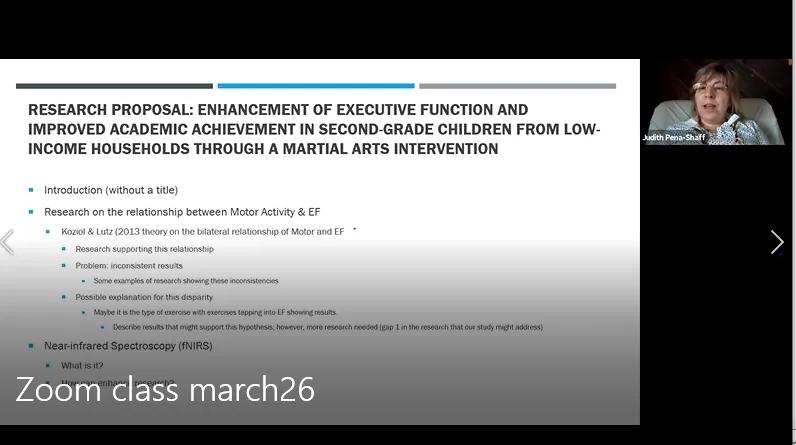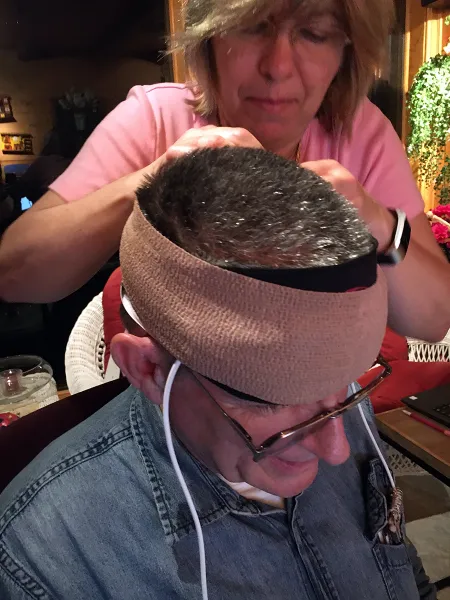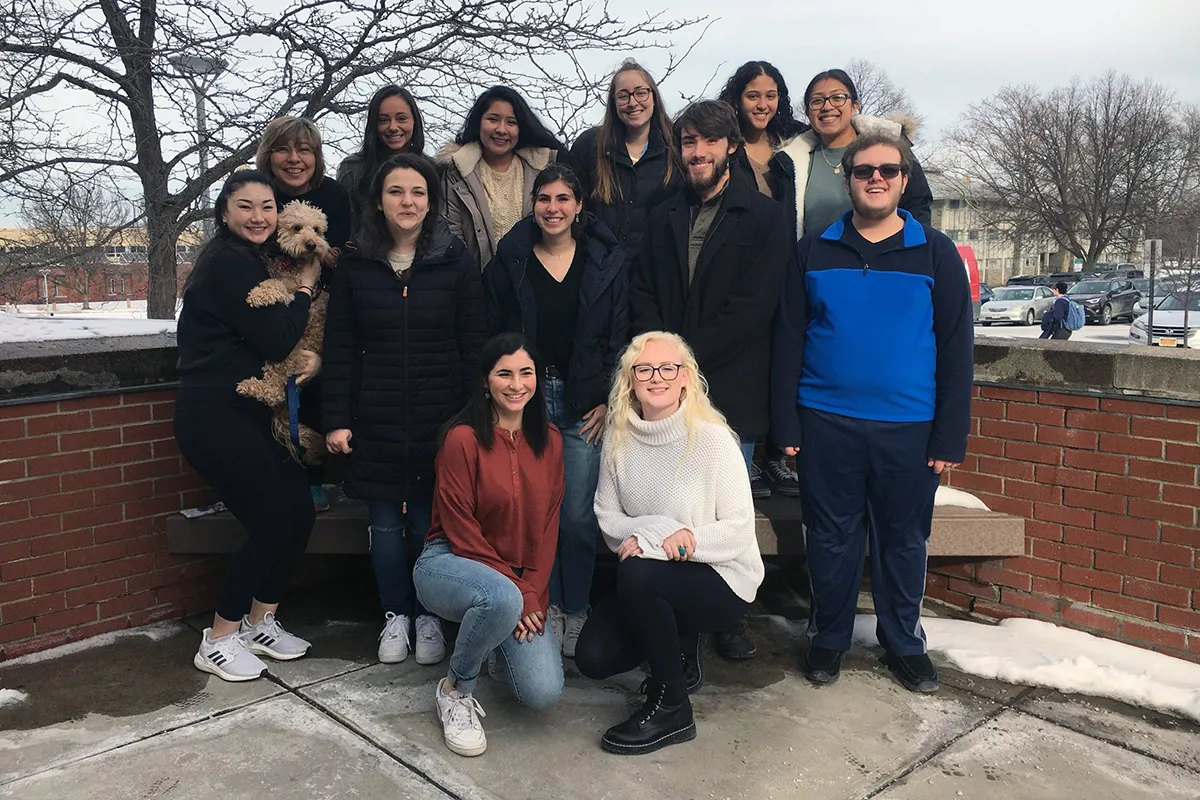With family members in Spain, an early epicenter for COVID-19, Judith Pena-Shaff, associate professor in the Department of Psychology at IC, began closely tracking the impact of the virus in mid-February. Pena-Shaff was certain that IC students would not be returning to campus as the spread of the virus gained momentum. She quickly began to prepare for a virtual spring semester that would reimagine what her student research team had been hoping to explore.
Students in Pena-Shaff’s research team study issues related to human development, learning and education, and engage in the evaluation of educational programs. The team had been preparing to conduct a study on the effect of complex motor activity in the cognitive development and academic achievement of second grade students. They were going to see if, when exposed to complex physical activity — like martial arts — study participants showed changes in academic achievement and higher-level cognitive skills such as cognitive inhibition, working memory, and planning, commonly known as executive function.


